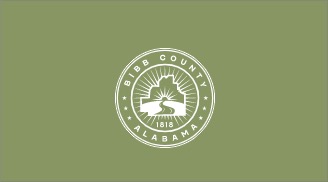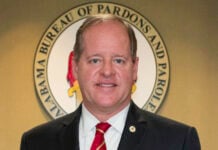Commission Shifts Roadside Maintenance Approach to Reduce Chemical Use, Bettering Bibb County
By Savannah Logan
In an effort to improve roadside maintenance and reduce environmental impact, the Bibb County Commission has moved away from using chemicals to control grass and weeds along county roads. Instead, the county now employs bush hogs and a dedicated team to manage roadside vegetation. This transition has been in development for several years and reflects a commitment to both aesthetics, the environment, and road safety.
The shift to mechanical cutting was the result of careful planning and budgeting by the county. The initiative gained momentum after a priority purchase for the county’s Emergency Management Agency (EMA) — a grappler truck that became a necessity following a major tornado — was made. Once the county saved enough funds to buy the truck outright, attention turned to establishing a new Roadside Cutting Department.
This department was created with the goal of maintaining the county’s roadways without the use of chemicals. The county hired staff and purchased equipment specifically for this purpose, ensuring that the project was fully funded before implementation. As the program progressed, it became clear that a wider bush hog would be needed to efficiently cut the larger right-of-way areas along certain roads. The county has now budgeted for the additional equipment in the upcoming fiscal year to further improve the department’s operations.
In its first year, the newly established department completed two full passes through the county, with the aim of increasing to three passes per year as efficiency improves. The team has also been expanded with additional personnel to handle the increased workload, and they have taken on the responsibility of operating the grappler truck to remove fallen trees from roads during and after storms.
Moving forward, the county plans to use a newly acquired side cutter during the winter months to reach areas inaccessible by traditional bush hogs, maximizing the department’s effectiveness year-round.
This shift in roadside maintenance was a key issue for Commissioner Charles Caddell, who had long been concerned about the environmental impact of using chemicals on county roads. Since taking office, he has worked to steer the county toward a more sustainable approach. The move to mechanical cutting not only improves the appearance of the roadsides by maintaining green grass but also helps protect the integrity of road shoulders.
The Commission’s efforts represent a thoughtful balance between environmental stewardship and practical road maintenance. As the department continues to expand and refine its processes, Bibb County can expect enhanced roadside management that benefits both the landscape and the roads themselves.

















